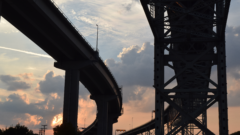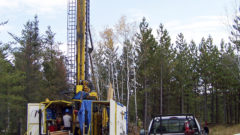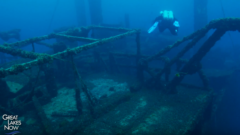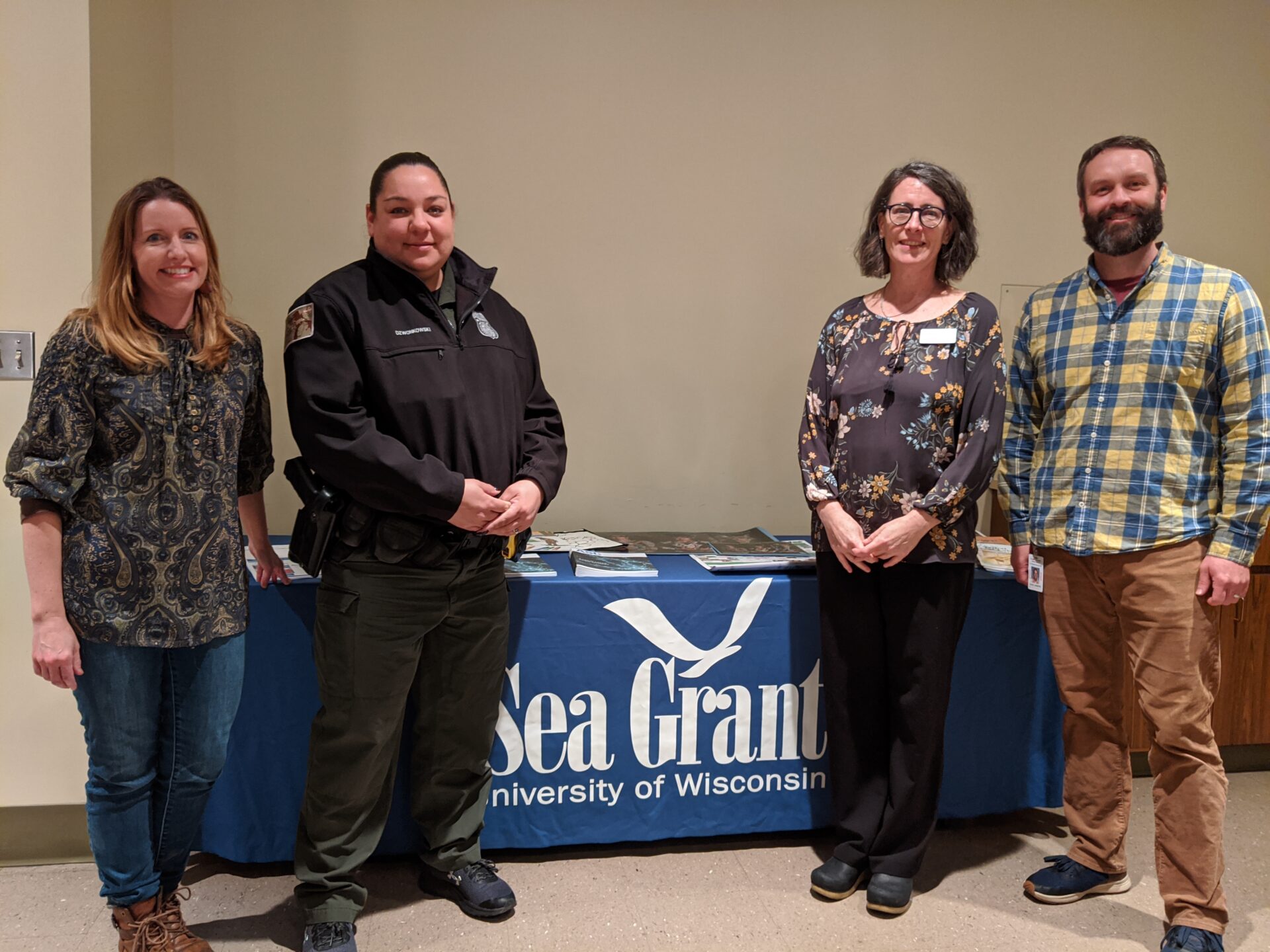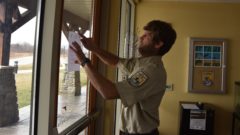DNR waives state park entrance fee amid coronavirus restrictions
The Michigan Department of Natural Resources has temporarily made public access to all state parks and recreation areas free in order to limit transactions between the public and staff in an effort to prevent the spread of coronavirus and to encourage people to pursue healthy activities outdoors. Read the full story by MLive.
Great Lakes Commission
https://www.glc.org/dailynews/20200319-restoring-lakes

